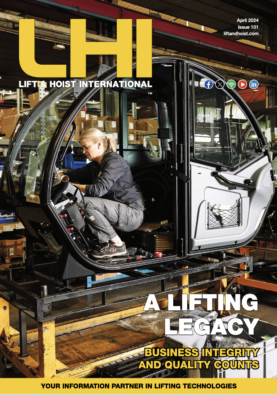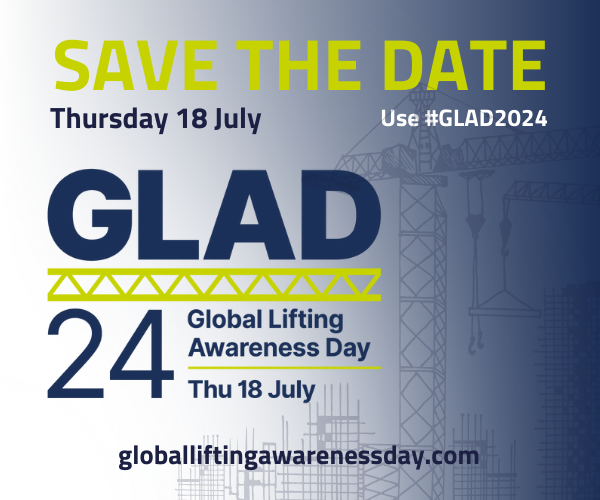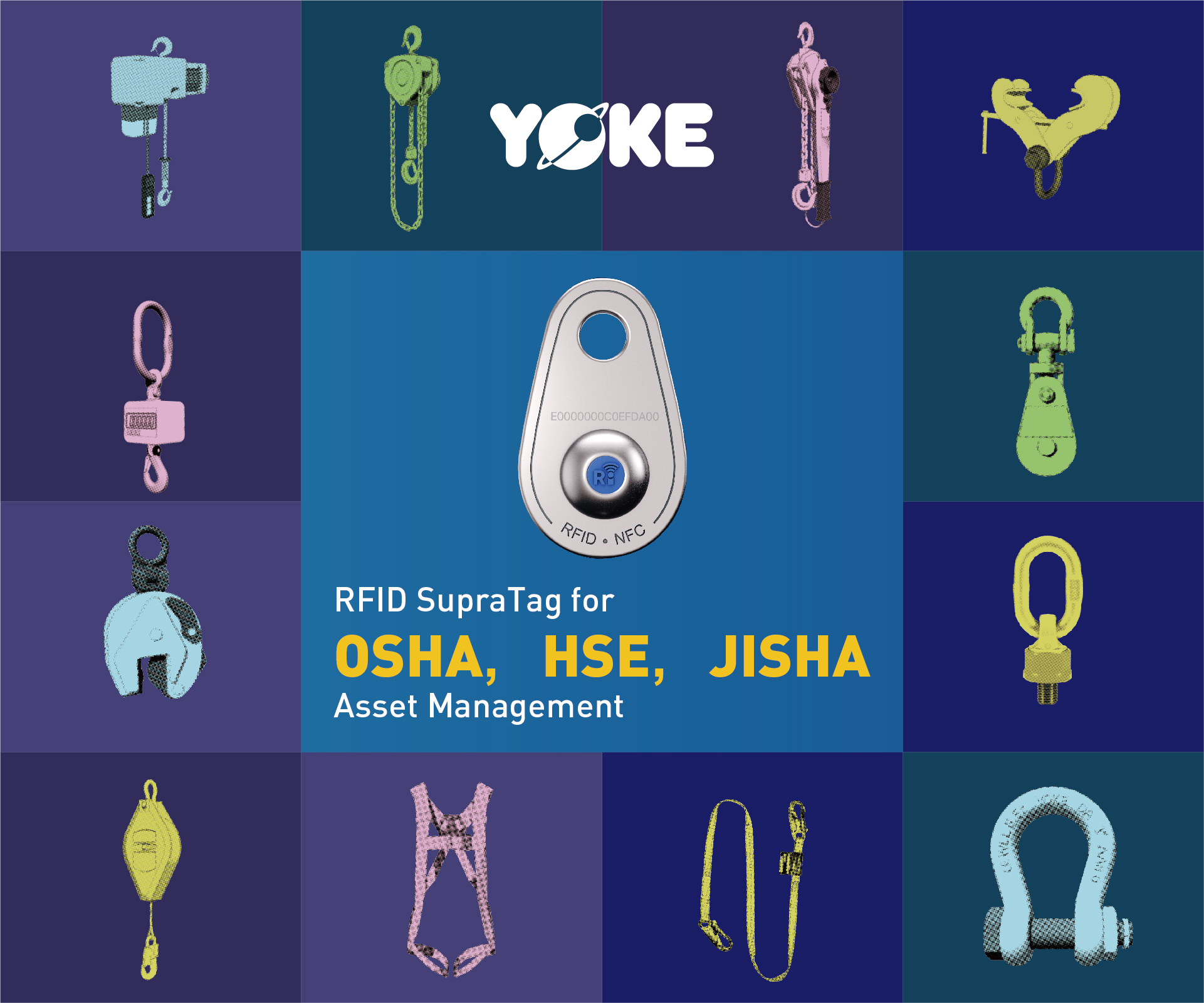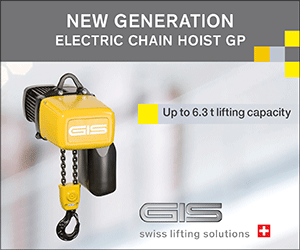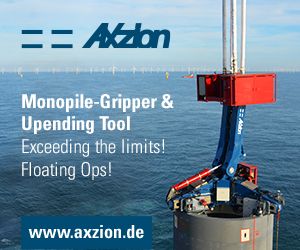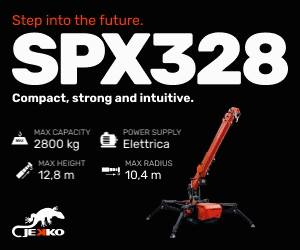)
Are you ready for Brexit?
It is essential that operations in the lifting industry stay on top of Brexit developments, says Ross Moloney, CEO of the Lifting Equipment Engineers Association (LEEA).
In a year completely dominated by Covid-19, it is easy to forget how all-consuming Brexit was during 2019… that is until recently, as the Free Trade Agreement talks draw near to a conclusion. With the UK leaving the EU and the transition period coming to an end this year, businesses are being encouraged to be ready for full implementation of the new UK regime as soon as possible after 1 January 2021. There is not much time left.
To allow businesses time to adjust, CE marked goods that meet EU requirements (where these match UK requirements) can continue to be placed on the GB market until 1 January 2022 where EU and UK requirements remain the same. This includes goods, which have been assessed by an EU recognised notified body. For goods that have been assessed by a UK recognised notified body, the UKCA conformity assessment requirements will apply from the 1 January 2021. UKCA (UK Conformity Assessed) marking is fast becoming a familiar term. As described on the GOV.UK website, it is, “a new UK product marking that will be used for goods being placed on the market in Great Britain (England, Wales and Scotland). It covers most goods, which previously required the CE marking. The UKCA marking alone cannot be used for goods placed on the Northern Ireland market, which require the CE marking or UK(NI) marking.”
Manufacturers placing lifting equipment on the market in Great Britain who are not based there will require a legal entity in the Great Britain to compile the technical file on their behalf – and make it available to the authorities should they require it. This is also true of manufacturers based in Great Britain placing lifting equipment on the EU market. This will apply after the 31 December 2020.
For businesses in Northern Ireland and trade between the Northern Ireland and the EU and Northern Ireland and Great Britain will remain largely unchanged. This is due to the unique arrangement, providing Northern Ireland businesses with both unfettered access to the UK market and free access to EU markets, which reflects the unique circumstances of Northern Ireland and the Belfast (Good Friday) Agreement.
As we await Brexit’s denouement, uncertainty prevails. So it is essential that operations in the lifting industry are kept informed of developments. LEEA has received many questions through the technicaladvice@leeint.com service on this topic. In response, and to add further clarity, the Association has published its Guidance to UK conformity assessment, marking and documentation Version 1, 9 October 2020. It can be found on the recently added a Brexit tab on the Association’s website: leeaint.com. This portal has been created to help keep companies up to date on all Brexit news and provides details on UK trade agreements, manufacturer requirements. There is also a series of Brexit-specific frequently asked questions such as: ‘What is placing on the market,’ ‘What documents do I need to supply with UK conformity assed lifting equipment?’ and ‘What are the rules for lifting equipment placed on the UK market that originate from outside the EU and UK?’ The FAQs and the UKCA Guidance note will be continuously updated on the website to provide quick responses to common issues.
LEEA is working closely with other UK Trade bodies such as ALLMI (Association of Lorry Loader Manufacturers and Importers), CPA (Construction Product Association and CEA (Construction Equipment Association) to ensure a common interpretation of the requirements and ease the transition for our respective memberships. We are also in close liaison with the relevant authorities for the same purpose and we will keep members up to date as things development over the course of the coming months.


